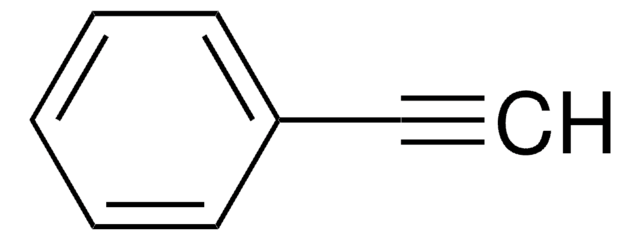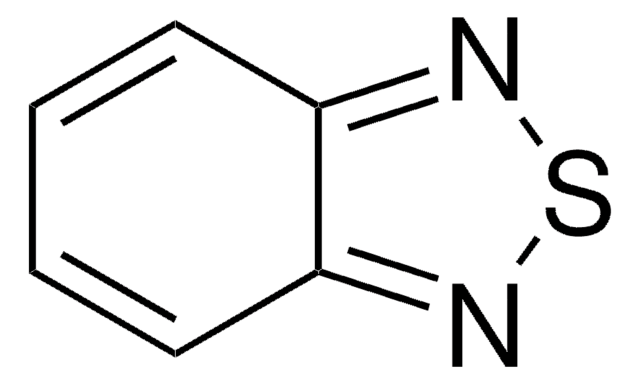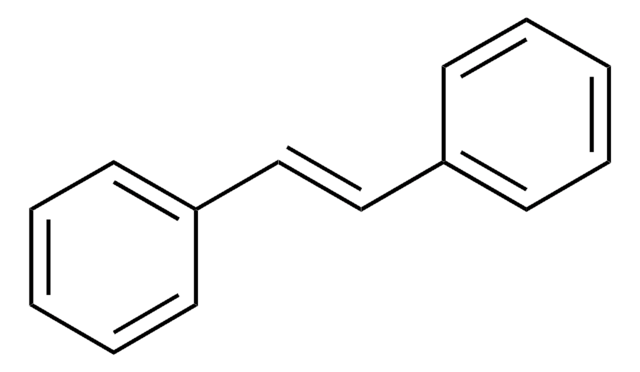802557
Aquivion® D98-25BS
liquid, dispersion, 25% in water, PFSA eq. wt. 980 g/mole SO3H, contains CF3 polymer chain ends as stabilizer
Synonyme(s) :
Aquivion® SO3H-form, Tetrafluoroethylene-perfluoro(3-oxa-4-pentenesulfonic acid) copolymer, Ethanesulfonic acid
About This Item
Produits recommandés
Niveau de qualité
Forme
dispersion
liquid
Pds éq.
980±40g/mole (SO3H)
Contient
CF3 polymer chain ends as stabilizer
Composition
25% in water
Caractéristiques du produit alternatif plus écologique
Design for Energy Efficiency
Learn more about the Principles of Green Chemistry.
sustainability
Greener Alternative Product
Concentration
25±1 % (w/w)
Autre catégorie plus écologique
Vous recherchez des produits similaires ? Visite Guide de comparaison des produits
Description générale
Application
Caractéristiques et avantages
- Very high concentration of functional groups for strong proton (or Na+, K+, Li+, etc.) conductivity
- High softening point for high temperature operation well above 80 ºC
- Strong water retention for better fuel cell operation at low-humidity conditions for membranes or catalyst inks that are utilizing this dispersion material
Informations légales
Mention d'avertissement
Danger
Mentions de danger
Classification des risques
Eye Dam. 1 - Skin Corr. 1C
Code de la classe de stockage
8A - Combustible corrosive hazardous materials
Classe de danger pour l'eau (WGK)
WGK 3
Point d'éclair (°F)
Not applicable
Point d'éclair (°C)
Not applicable
Faites votre choix parmi les versions les plus récentes :
Déjà en possession de ce produit ?
Retrouvez la documentation relative aux produits que vous avez récemment achetés dans la Bibliothèque de documents.
Articles
Advances in the electrochemical conversion of water to and from hydrogen and oxygen have principally been achieved through the development of new materials and by understanding the mechanisms of the degradation of proton exchange membrane fuel cells (PEMFC) during operation.
Notre équipe de scientifiques dispose d'une expérience dans tous les secteurs de la recherche, notamment en sciences de la vie, science des matériaux, synthèse chimique, chromatographie, analyse et dans de nombreux autres domaines..
Contacter notre Service technique

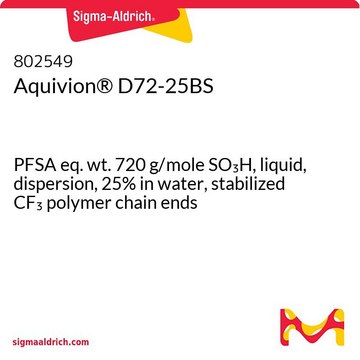
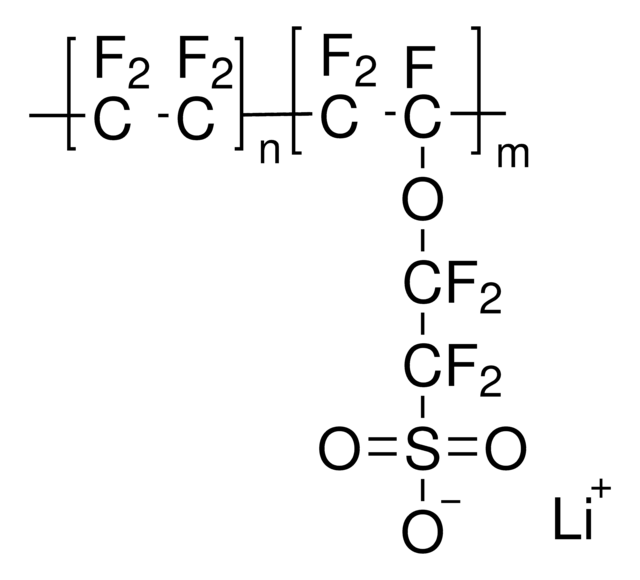
![4,7-Dibromobenzo[c][1,2,5]thiadiazole 95%](/deepweb/assets/sigmaaldrich/product/structures/711/964/3fd3ffd1-5916-468e-a743-22f1611b5a33/640/3fd3ffd1-5916-468e-a743-22f1611b5a33.png)
